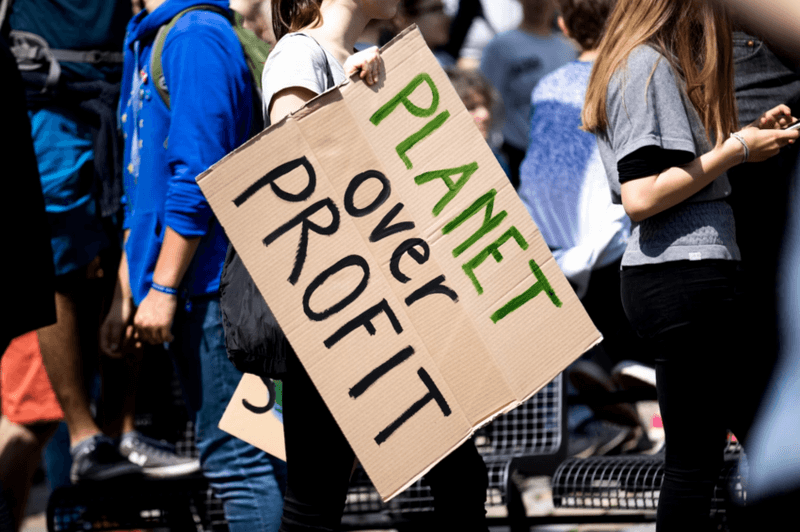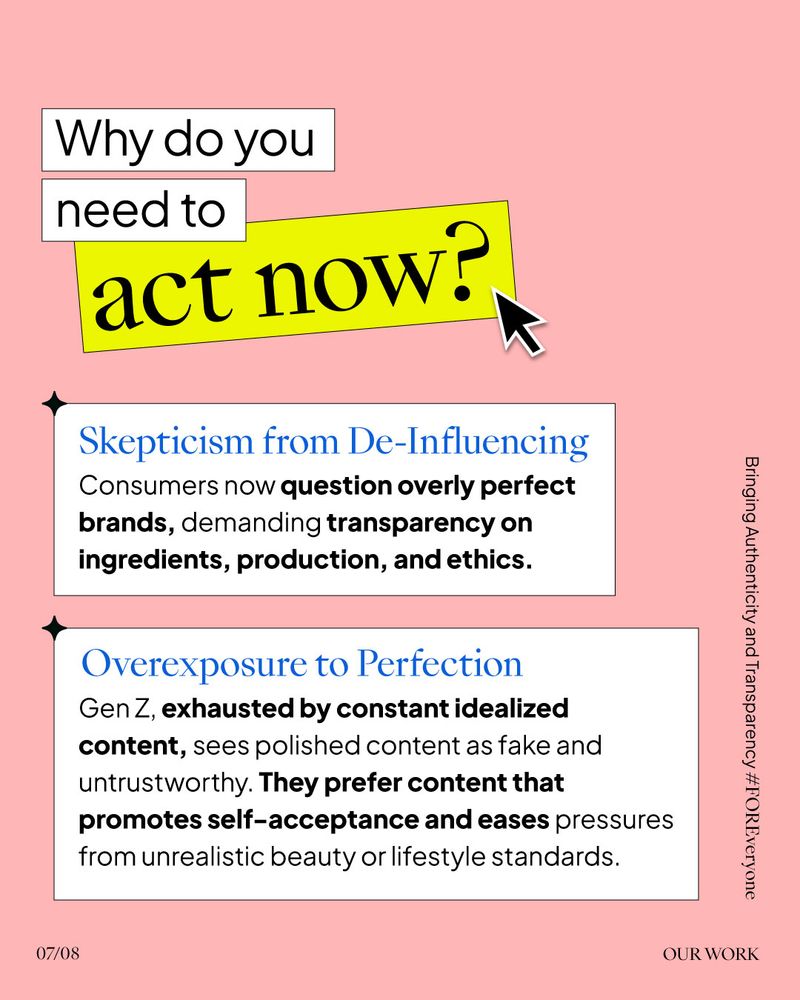Generation Z, born between 1997 and 2012, carries a unique set of values distinct from older generations. These ideals often find themselves clashing with traditional views, resulting in misunderstandings or outright disagreements. Gen Z’s emphasis on work-life balance, mental health, inclusivity, and social responsibility marks a significant shift in societal expectations. While older generations may see these ideals as unrealistic or naive, Gen Z views them as essential for a positive and sustainable future. This generation’s commitment to authenticity, transparency, and environmental consciousness reflects their desire for meaningful change. Here are some key ideals Gen Z believes in:
1. Work-Life Balance

For Gen Z, work-life balance isn’t just a buzzword; it’s a necessity. They prioritize flexibility in work hours and environments. Remote and hybrid work options are not seen as perks but as essentials. Unlike previous generations, they refuse to let work dominate their lives. Instead, they seek harmony between professional and personal pursuits. This balance allows for creativity and fulfillment in both realms. Their insistence on this ideal challenges traditional work norms. Many older generations find this focus unrealistic. Yet, for Gen Z, it’s about enhancing productivity and life satisfaction.
2. Mental Health Awareness

Gen Z openly discusses mental health, challenging the stigma older generations might harbor. They advocate for mental health support in workplaces and schools. This generation knows the importance of mental wellness for overall success. Open dialogues about mental health are crucial. Unlike their predecessors, Gen Z doesn’t shy away from seeking help. They push for normalized mental health discussions. Their advocacy has sparked significant change, bringing mental health to the forefront of societal issues. This openness often surprises older generations. However, it represents progress toward a healthier society.
3. Social Responsibility

For Gen Z, social responsibility is non-negotiable. They expect companies to act with integrity and prioritize ethical practices. Environmental sustainability isn’t optional; it’s imperative. This generation carefully selects brands that align with their values. Transparency and accountability are paramount. Gen Z’s commitment to these ideals often clashes with more traditional views. Older generations might see them as demanding. However, Gen Z believes in leveraging consumer power for positive change. Their desire for a better world fuels their expectations. It’s a push for societal progress and corporate integrity.
4. Authenticity and Transparency

Authenticity reigns supreme for Gen Z. They value genuine interactions over superficial ones, both personally and professionally. Brands must communicate transparently and truthfully. Deceptive practices are quickly exposed and criticized. This generation has no tolerance for inauthentic behavior. Older generations may see this as idealistic. Yet, for Gen Z, authenticity builds trust and strengthens relationships. Their demand for transparency in all areas of life is unwavering. It’s a call for honesty and integrity. This approach challenges traditional norms, emphasizing truth above all else.
5. Flexibility and Adaptability

Flexibility defines Gen Z’s approach to life. They thrive on adaptability and resist rigid structures. Traditional career paths hold little appeal. Instead, they seek roles that offer growth and creativity. This generation embraces change as an opportunity. They navigate life’s uncertainties with resilience. Older generations may view this as a lack of commitment. However, Gen Z understands the value of evolving with the times. Their adaptability allows for unique problem-solving. It’s about finding balance and embracing innovation. For them, flexibility is key to personal and professional success.
6. Inclusivity and Diversity

Inclusivity and diversity are cornerstones for Gen Z. They champion equal representation for all, regardless of background. This generation pushes for social justice and equality in every sphere. They celebrate differences and reject discrimination. Unlike older generations, they view diversity as strength. Gen Z actively seeks inclusive environments where everyone feels valued. Their advocacy reshapes societal norms. While some may resist this change, Gen Z stands firm. They envision a world where diversity is the norm, not the exception. It’s a call for unity and understanding.
7. Purpose-Driven Work

For Gen Z, work must be meaningful. They seek roles that align with their values. Purpose-driven work fuels their motivation. This ideal contrasts with traditional job perspectives. Older generations might prioritize stability over passion. Gen Z sees purpose as essential for fulfillment. They choose employers who share their ethical standards. It’s about making a difference, not just earning a paycheck. This approach redefines career success. While some may find it impractical, Gen Z’s commitment to meaningful work is unwavering. They strive for impact and satisfaction.
8. Financial Transparency

Gen Z demands transparency in financial matters. They value clear communication about salaries and compensation. Openness about financial expectations builds trust. Unlike older generations, they won’t accept ambiguity. They advocate for fair pay and equitable treatment. This insistence on transparency extends to all financial dealings. Gen Z’s desire for honesty challenges old norms. While some may see this as confrontational, they view it as necessary. It’s about fairness and respect in the workplace. Their stance on financial transparency signifies a shift toward equitable practices.
9. Environmental Consciousness

Environmental consciousness defines Gen Z’s lifestyle. They prioritize sustainability in daily choices. This generation expects brands to commit to environmental responsibilities. Their passion for the planet drives consumer behavior. Unlike older generations, they demand real action, not empty promises. Gen Z supports companies that embody eco-friendly practices. This commitment influences purchasing decisions. For them, environmental responsibility is a must, not a choice. Their dedication to this ideal often surprises others. It’s about preserving the planet for future generations. Gen Z’s environmental focus is unwavering.
10. Challenging Traditional Norms

Gen Z questions traditional norms without hesitation. They challenge outdated societal structures. This generation embraces unconventional paths. Education and career must evolve to suit modern needs. Older generations may see this as rebellious. However, Gen Z believes in progress. Their willingness to disrupt status quo leads to innovation. They seek more inclusive and flexible approaches. This ideal resonates in every aspect of life. Gen Z’s drive for change reshapes expectations. While resistance exists, their determination persists. It’s about creating a future that reflects their values.

Well, hello there!
My name is Jennifer. Besides being an orthodontist, I am a mother to 3 playful boys. In this motherhood journey, I can say I will never know everything. That’s why I always strive to read a lot, and that’s why I started writing about all the smithereens I came across so that you can have everything in one place! Enjoy and stay positive; you’ve got this!

